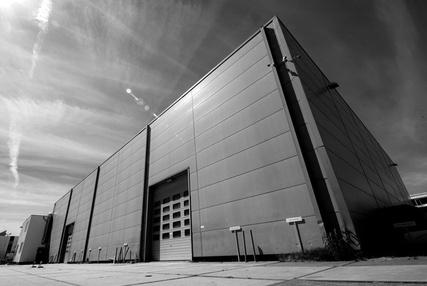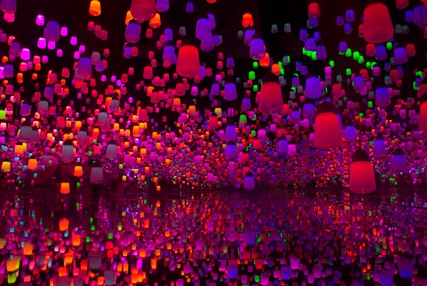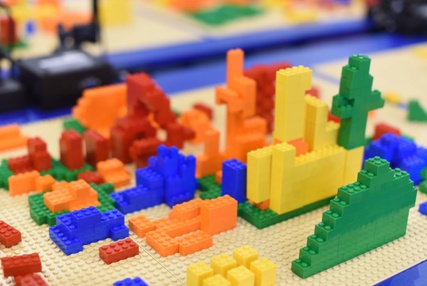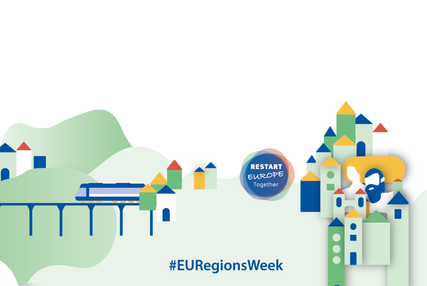Forte da Trafaria is reborn as an Arts and Technology Center at Universidade Nova de Lisboa, Portugal
The Nossa Senhora da Saúde da Trafaria Fort will be rehabilitated to accommodate the installation of the Institute of Arts and Technologies (IAT) of the Universidade Nova de Lisboa (UNL), revealed the Almada City Council, which approved the granting of the surface right of the space, for 50 years.
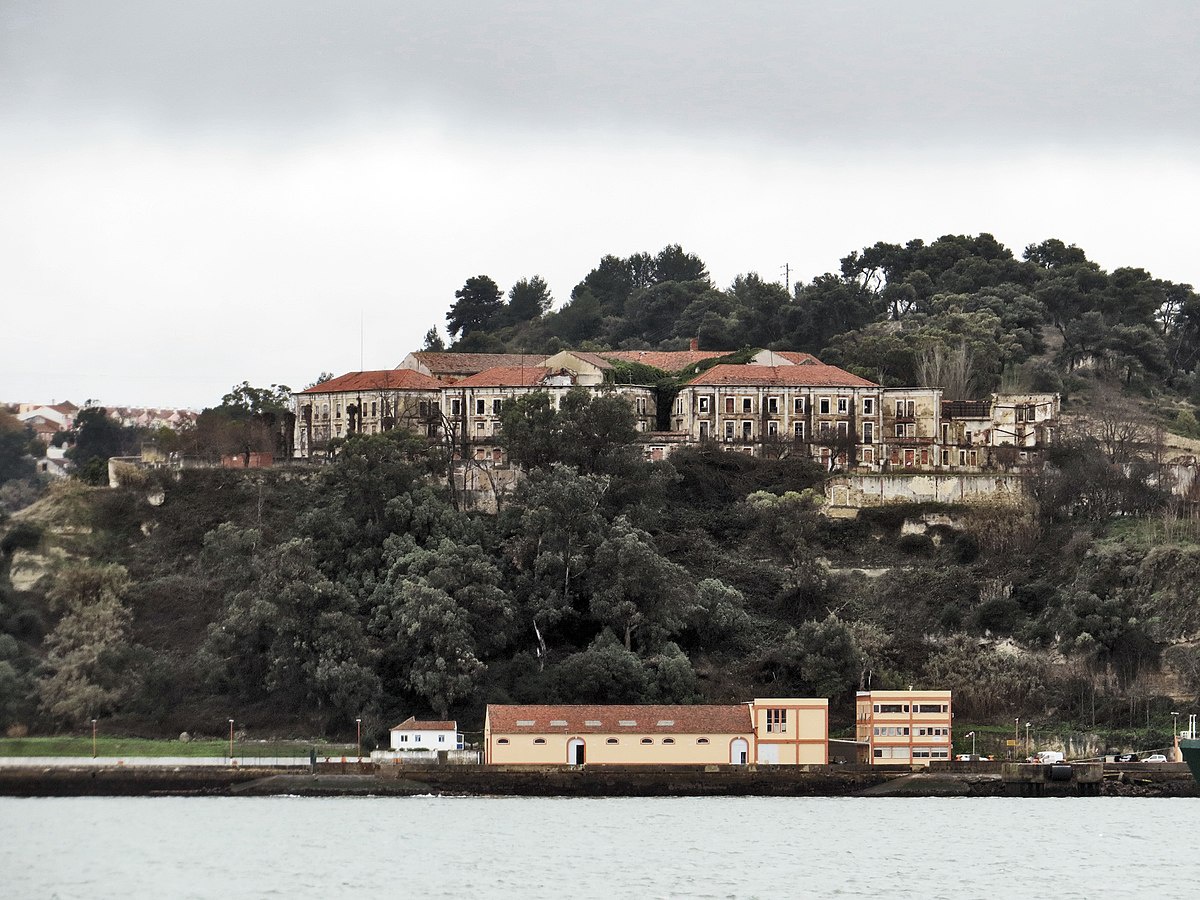
The agreement between the Municipality, which owns the property, and the university, and which was unanimous among the various parties represented in the municipal executive, provides that the future pole of UNL in Trafaria will serve to offer higher education courses in “all degrees ”, and not just post-graduations and specializations.
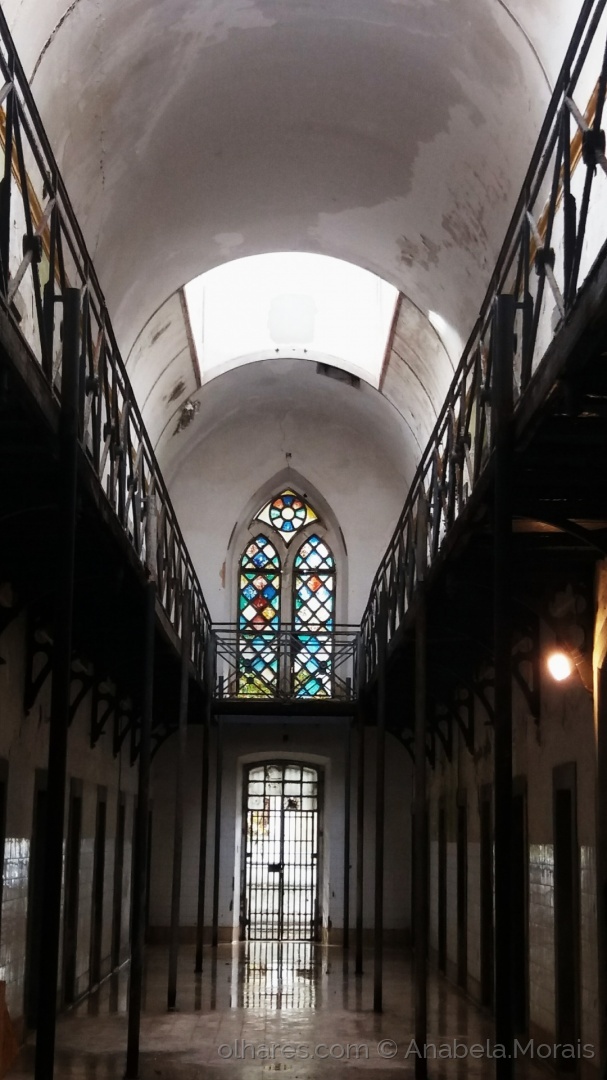
The new institute, in the municipality of Almada, should be, according to the municipality, an academic unit for education, research and creation that addresses the arts and technologies “in its maximum conceptual and expression range”, and that works as an agent of “universal dissemination”. UNL is under the obligation to guide the management of this pole in Trafaria towards collaboration and “full integration” with the surroundings, namely the population, local institutions and the urban network of the parish.
At the same time, the municipality of Almada takes on the task of requalifying the Edifício das Celas to transform it into an arts center to function as “a space of memory that allows the public to know the history and experiences” of the place.
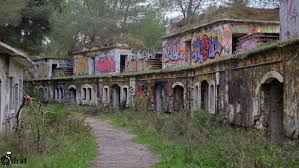
“The Presídio da Trafaria is a very relevant space in the history of the municipality of Almada: the military prison that operated between 1909 and 1981. Notwithstanding the previous uses that were given to it, it is this moment in recent political history that seems most relevant to highlight and preserve”, says the municipal proposal that was approved by the executive.
“It is intended to be a space dedicated to Freedom, Justice, Resistance and Utopia. Dimensions that are also closely linked to the history of the Municipality of Almada”, adds the aforementioned document. The municipality promises that the requalification project will be developed “obligatorily” in conjunction with the museum program and “in dialogue with the local community and history”, and hopes that the municipal program for the future arts center and the University's proposals "Fit with ease".
The concession of the properties of Forte da Trafaria to Universidade Nova de Lisboa was presented by the Mayor of Almada as an opportunity for development for the locality.
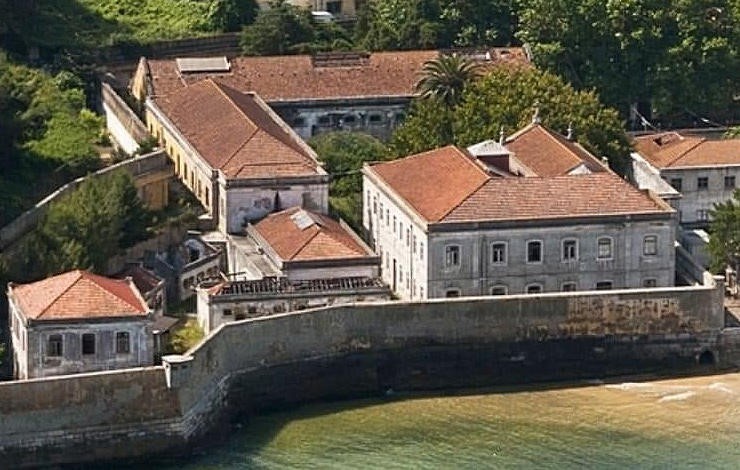
"This is how the campaign fulfills its promise of installing a teaching institution in this extraordinary municipal property, which will allow not only its rehabilitation but also to bring a new life to the beautiful Trafaria", stated Inês de Medeiros.
In the municipal perspective, Forte da Trafaria is a property of “great historical and cultural significance” and an “extraordinary resource” to give new dynamics to the parish, through the “valorization of the riverside as a diversified and renewed tourist destination”, which can constitute with the establishment of the educational establishment as a “new pole of economic, educational and cultural development”.
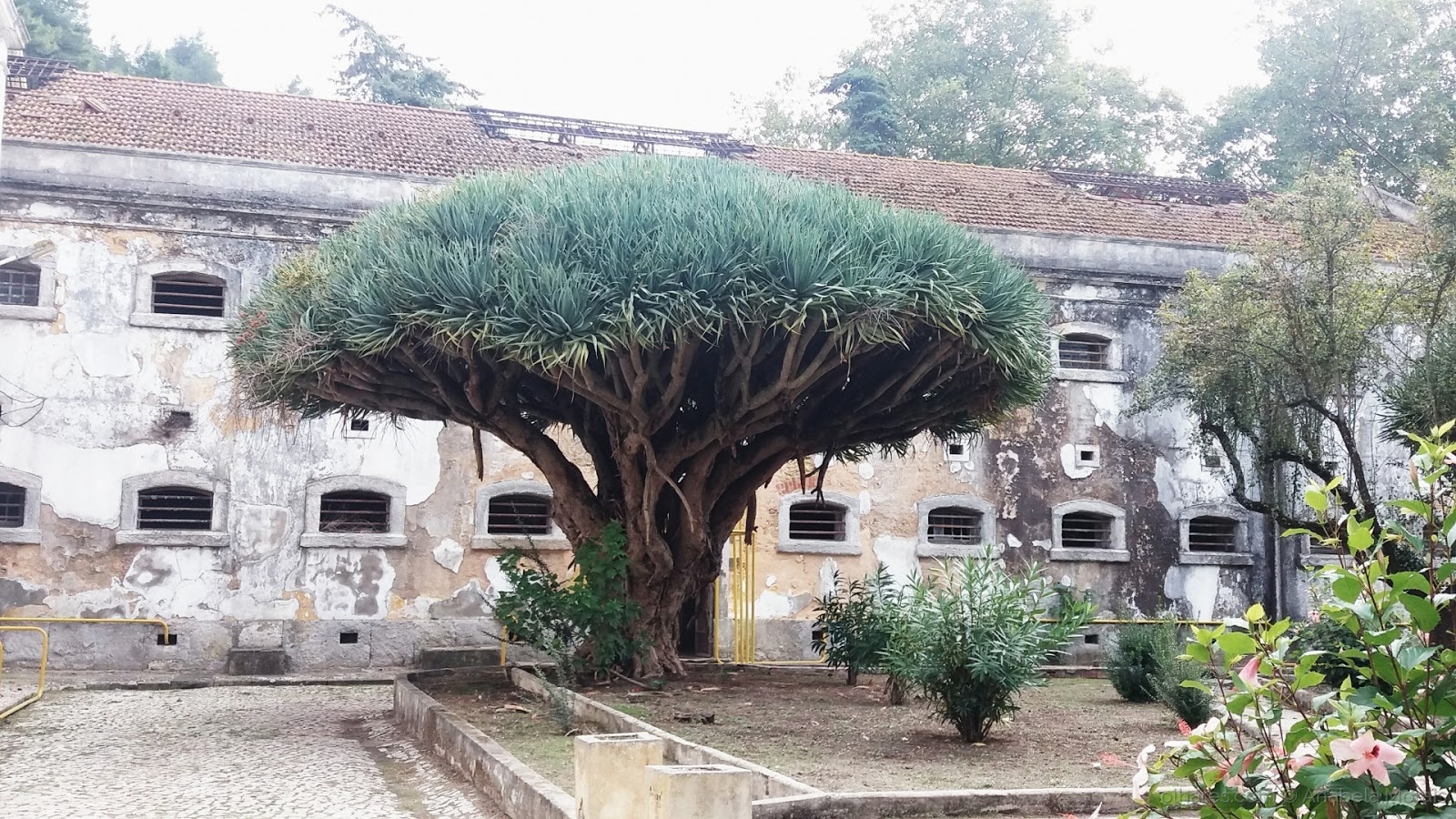
The Fort of Nossa Senhora da Saúde da Trafaria has been without relevant occupation and maintenance or conservation for several years, which, according to the municipality “has contributed to accelerate” the state of degradation, aggravated, also, by a “riverside and maritime location penalizing properties that do not benefit from regular interventions ”.
The need to correct the state of abandonment of the fort, “as quickly as possible”, is one of the reasons cited by the local authority to justify the provision of space.
“It is precisely in the light of a logic of placing heritage at the service of a strategy of enhancing the territory and its populations, that the “Forte da Trafaria” is inserted, and its allocation to the establishment of a strategic partnership with the University Nova de Lisboa, as the latter is a teaching and research institution with recognized merits and the capacity for territorial intervention, with an important presence in this municipality”, states the decision.
This article has been originally published in Publico.pt, on September 9th 2020, by .
In the frame of S+T+ARTS, regional centers are also flourishing in Brussels, Milan, Paris, Linz, Athens, and other regions accross Europe.
The Regional STARTS Centers intend to expand the STARTS initiative on a local level towards a number of European regions. The 6 partners of the consortium work at developing a network of playersinterested in creating local centres in the spirit of STARTS and public activities that strengthen collaborative practices between the fields of art, industry, business, and research.
As the creativity and transversal thinking of artists lead to innovative and unconventional ideas and practices, the Regional STARTS Centers believe artists teaming up with technologists are capable of imagining a more viable future for European societies, economically, socially and ecologically.
The STARTS pillars promote art as a way to re-centre contemporary reflections around humanist innovations : theSTARTS Centers thus embrace the mission of facilitating the implementation of the STARTS pillars in diverse European regions.

